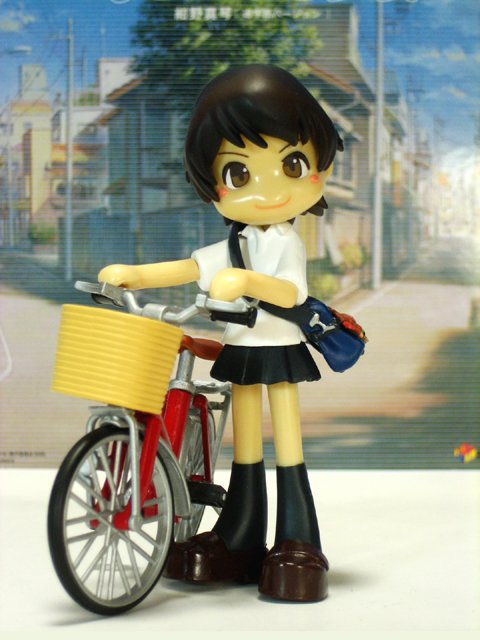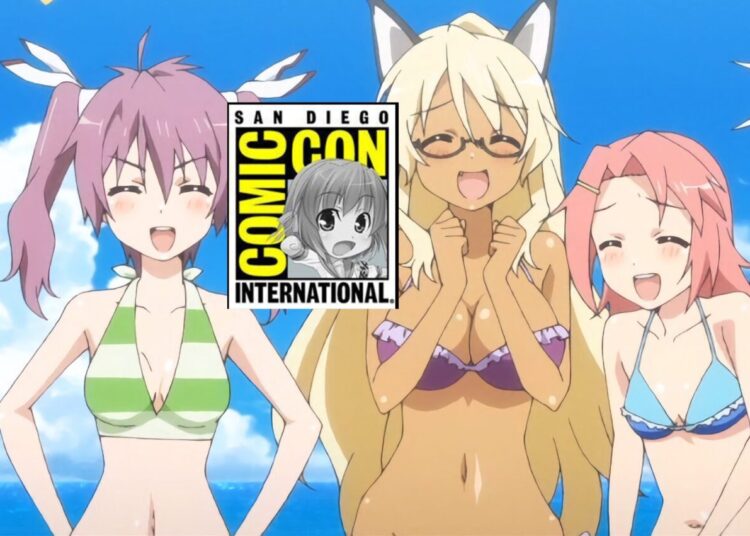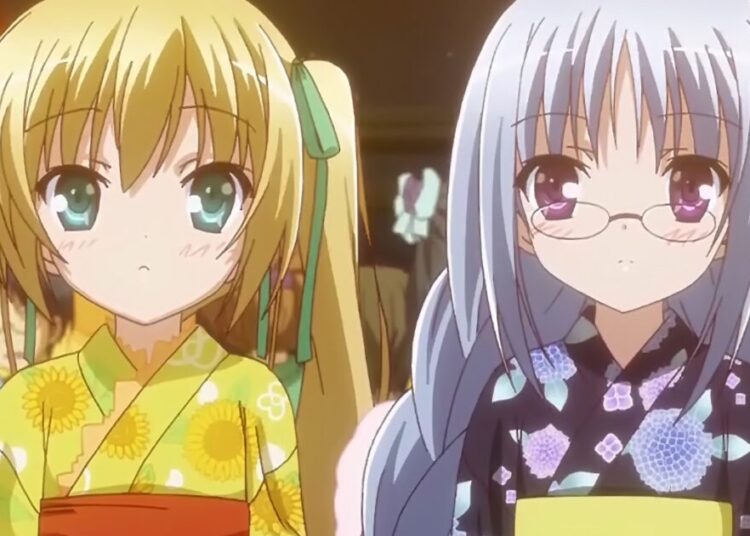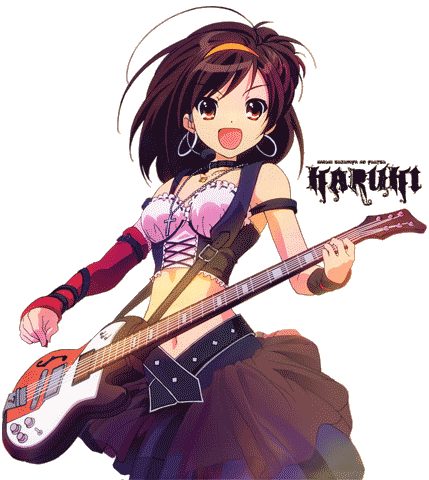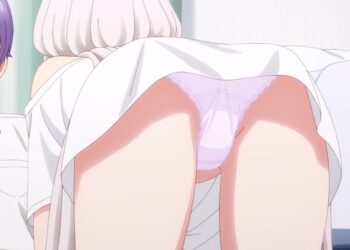Of all the aspects of Japan I had to get used to when I came here, the educational system was one I remember being especially confused by. My very first morning in Japan was a Saturday, and to my surprise the children of the family I was staying with got up and rushed off to school. Compulsory attendance on Saturdays had been part of public education here for decades until it was abolished in 2002 under the yutori kyoiku or “Slow and Easy Education” reforms, but that first sight of students cheerfully walking to school instead of playing was hard for me to wrap my brain around. More confusion was waiting for me when I started teaching junior high students at a juku, an after-hours school to help students keep up with their schoolwork and prepare for future entrance exams. I was perplexed by the idea of children willingly studying in a classroom until 10 pm instead of watching TV and having fun like I did at that age. Another point of confusion for me was that mandatory education stops at the ninth grade here, and by definition all high schools are optional for students, although nearly everyone attends. Since students choose schools based on their academic level and future goals, high schools function like a miniature version of the university system, with top-ranked schools competing to attract the smartest students and other schools specializing in subjects like engineering, commercials skills like bookkeeping, or (since our prefecture is quite rural) agriculture. Speaking of schools, I’ve got some good news: my daughter passed her examination for the private junior high school she wanted to enter, and was accepted! I think I’ll get some victory sushi on the way home tonight.
